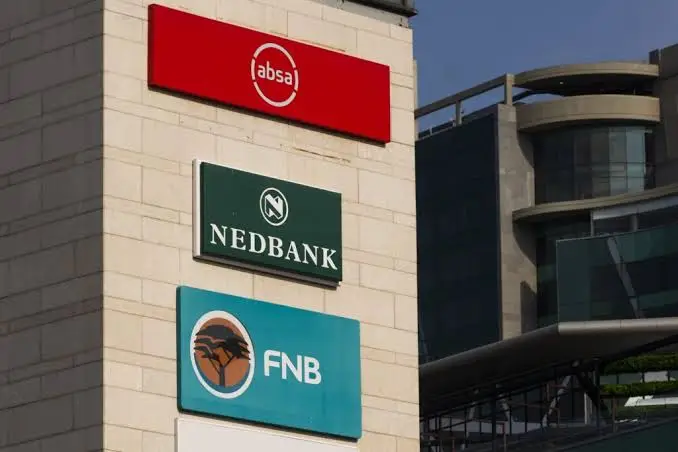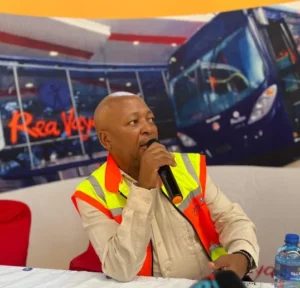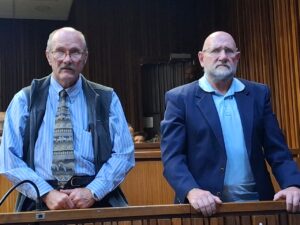The Sekunjalo group chair, Dr. Iqbal Survé, has accused those opposed to South Africa’s post-apartheid democratic transformation, of co-ordinating the closing of bank accounts belonging to the Sekunjalo Group of companies.
Speaking on Monday during an interview on SalaaMedia, a multi-media agency that serves the agenda of the people according to its website, Survé, popularly known as “the struggle Doctor”, spoke out about the banks’ perceived role as a weapon aimed at closing Sekunjalo, and said that despite the complete lack of any wrongdoing, banks had proceeded to shut down bank accounts linked to any company related to Sekunjalo, which in effect, would lead to the closure of Sekunjalo itself.
Survé shared with SalaamMedia’s Julie Allie, that during the struggle for the country’s liberation and his career days before he went into business, how the media during Apartheid, was sanitized to suit the “narrative” of the day.
“To be frank, life is sometimes a situation where one doesn’t make choices… others make it for you. Being a doctor was the best time of my life… the best ten years of my life have been about being a doctor,” he remarked.
Survé’s compassion has continued however, as he shared how during the pressures of the Covid-19 period, families were protected by ensuring that those within the group never lost their jobs.
This is in stark contrast to today when many employees in the group now live in fear with the continual threat of losing their employment because of the banks’ determination to terminate their business, shared Survé.
“This has been very difficult. I think it has been the most challenging, challenging period of my life. It started after I bought Independent Media – the smear campaign started by the other media houses and by the establishment.
“But it became worse after (Cyril) Ramaphosa became President, and part of the reason is that the Independent was seen to be critical of not just Ramaphosa, but Ramaphosa’s funders, who are the white capital in South Africa, at the moment.
“Their strategy was simple, first of all, the strategy was to smear me as much as possible, to talk absolute nonsense, and if you do it enough people start believing it.”
Survé also mentioned that after the media campaigns failed at dismantling the group, those whom he refers to as being ‘opposed to transformation’, used state institutions and set in motion state machinery, to find something.
When that didn’t work, the banks were the last option, targeting the group’s more than 200 companies that are collectively responsible for about R10-billion annual revenue under the Sekunjalo umbrella.
Asked how the group stayed afloat despite the challenges, he asserted that after the banks began closing some of the Group companies’ banking facilities, the group sought the intervention of the courts to defend these closures.
“They started with Absa closing the bank accounts, then another bank followed, creating an impression that they were acting independently… so we did two things that they never expected us to do, the first is we took them to the Equality Court, on the basis of discrimination, and we won the interdict against them, and the main case will be heard sometime next year.
“The second thing we did, is that we took them to the Competition Tribunal. Now that was a devastating judgment, that came out about three weeks ago, where the Tribunal said that there was prima facie evidence that the banks colluded against Sekunjalo in order to shut its accounts”.
He added that the Competition Commission was also going to investigate the banks’ role in the alleged collusion.
Responding to the questions about the Commission of Inquiry into allegations of impropriety at the Public Investment Corporation (PIC), the Mpati Commission, and his alleged relationship with the former PIC CEO, Dr. Dan Matjila, Survé said the Commission was set up to target Sekunjalo and that no wrongdoing was pinned on the group.
“These are simply allegations that have no basis, nobody within the group has been charged. So, how is it then, that the banks continue to keep the accounts of entities such as Steinhoff, EOH, and Tongaat Hulett, and hundreds of other companies that are criminal and committed fraud and corruption,” he asked.
Survé also raised some inconsistencies in terms of how the Mpati Commission dealt with matters, such as that fact that the PIC had lost more than R200bn in certain other entities, yet they were not investigated, were not made part of the Mpati Commission and that their bank accounts remained operational.
Sekunjalo, Survé, and others, are now involved in a series of legal actions against the country’s banking cartel, with the applicants accusing Nedbank, Absa Bank, First National Bank, Investec Bank, Sasfin Bank, Bidvest, and Mercantile Bank of colluding, in an attempt to drain the soul out of the Group with the ultimate aim of shutting it down.
In the Competition Tribunal (the Tribunal) case, the banks failed to prove the veracity of the offences allegedly committed by Sekunjalo, which had resulted in the closure of their bank accounts based on perceived reputational risk.
The Tribunal granted interim relief to Sekunjalo preventing three major banks from closing bank accounts belonging to the Group. It also ordered the banks that had closed the accounts to reopen them under the same conditions prior to their closure.







